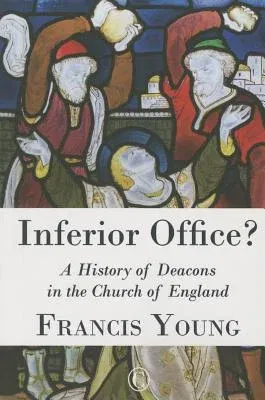In spite of the centrality of the threefold orders of bishop, priest and
deacon to Anglicanism, deacons have been virtually invisible in the
contemporary Church of England. 'Inferior Office?' is the first complete
history of this neglected portion of theclergy, tracing the church's
changing theology of the diaconate from the Ordinal of 1550 to the
present day. Francis Young skilfully overturns the widely held belief
that before the twentieth century, the diaconate was merely a brief and
nominal period of probation for priests, revealing how it became an
integral part of the Elizabethan defence of conformity and exploring the
diverse range of ministries assumed by lifelong deacons in the
seventeenth and eighteenth centuries. Lifelong deacons often belonged to
a marginalised 'lower class' of the clergy that has since been
forgotten, an oversight of considerable importance to the wider social
history of the clergy that is corrected in this volume. 'Inferior
Office?' tells the story of persistent calls for the revival of a
distinctive diaconate within the Victorian Church of England and
situates the institution of deaconesses and later revival of the
distinctive diaconate for women, as well as subsequent developments,
within their wider historical context. Set against this backdrop, Young
presents a balanced case both for and against the further development of
a distinctive diaconate today, offering much to further discussion and
debate amongst clergy of the Church of England and all those with an
interest in the rich tapestry of its history.

